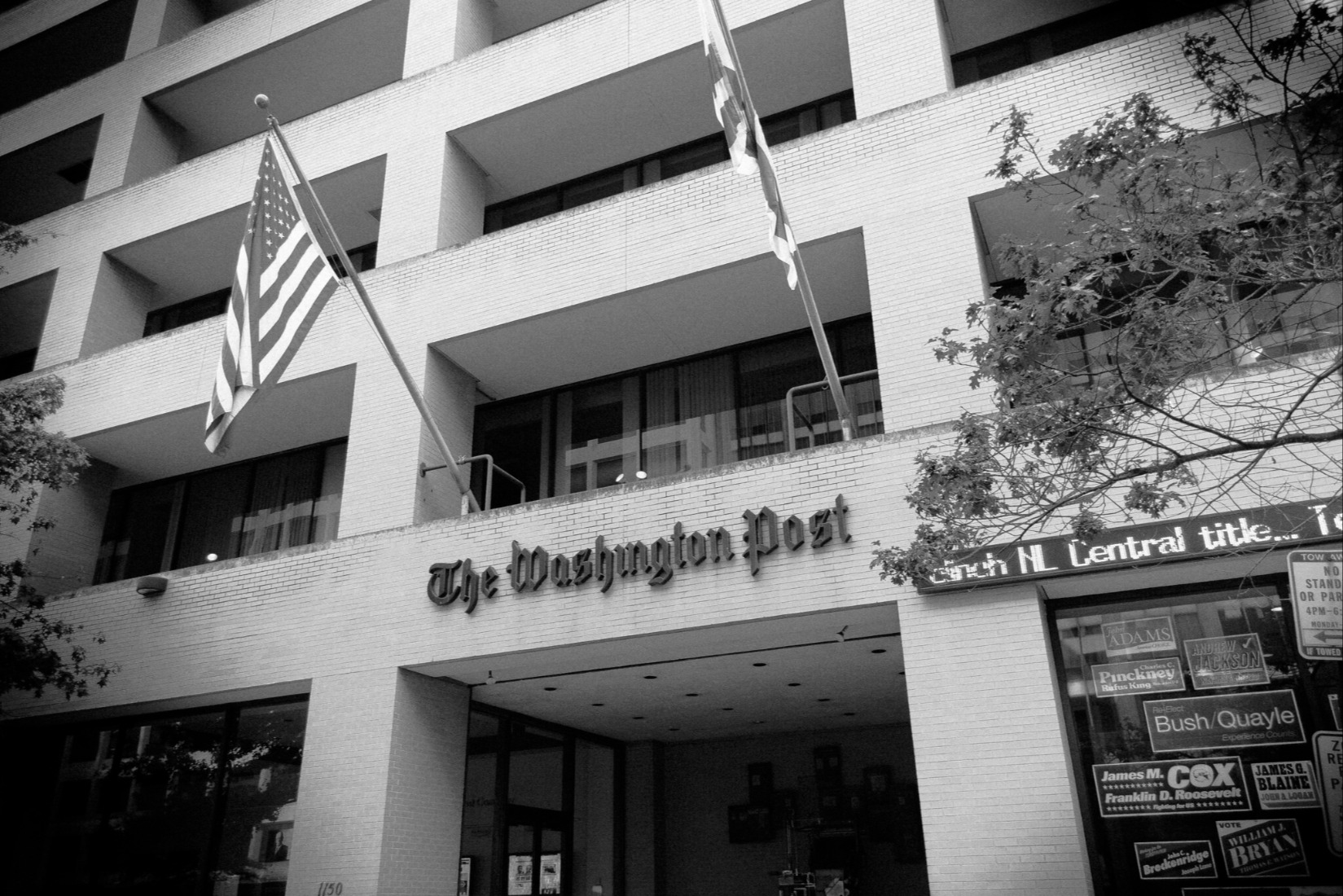U.S. Court of Appeals Allows Withdrawal from 9/11 Pleas
The decision overturns two lower courts’ opinions ruling that the Defense Secretary could not lawfully back out of plea agreements that had previously been approved.
On July 11, the U.S. Court of Appeals for the D.C. Circuit held, in a 2-1 decision, that then-Secretary of Defense Lloyd Austin had validly withdrawn the pretrial agreements of three Guantanamo detainees, which would prevent detainees from pleading guilty in return for life sentences, precluding the death penalty.
The decision stems from a controversy that unfolded in the summer of 2024. On Aug. 1, three Guantanamo detainees—Khalid Sheikh Mohammad, Walid Muhammad Salih Mubarak bin ‘Atash, and Mustafa Ahmed Adam al Hawsawi, who are accused of plotting and executing the 9/11 attacks—filed a guilty plea in the military commission where the case was being heard. The following day, Austin issued an order withdrawing from the agreements.
The detainees challenged Austin’s order before the commission, arguing that he did not have the legal authority to undo the guilty pleas. In November, the commission agreed. The government appealed to the Court of Military Commissions Review, which upheld the decision. The government then took the case to the D.C. Circuit, asking to stay the scheduled plea hearings and further seeking writs of mandamus and prohibition enforcing Austin’s withdrawal from the agreements and preventing the military judge from accepting the detainees’ pleas. The detainees responded that the withdrawal had been unlawful, and further argued that writs of mandamus and prohibition—that is, the legal basis by which the government could bring its case to the D.C. Circuit at all—were not permissible under the circumstances.The D.C. Circuit heard oral arguments in the case in January.
In its 2-1 decision, the Court found that Austin “indisputably had legal authority to withdraw from the agreements.” The majority also rejected a second basis on which the lower courts had found Austin’s purported withdrawal invalid: that the detainees had begun “performance” of the pleas, thus transforming the agreement into a binding contract. The majority held to the contrary, writing that “the plain and unambiguous text of the pretrial agreements shows that no performance of promises had begun.”
Judge Wilkins issued an opinion concurring in part and dissenting in part. He agreed that Austin possessed the requisite legal authority to withdraw from the plea deals, but strongly disagreed with the majority on the question of the detainees’ performance, concluding that they had “clearly and indisputably beg[un] performance of at least three of the many promises they made.”
Wilkins also dissented from the majority’s opinion regarding the propriety of mandamus: “The government has not come within a country mile of proving clearly and indisputably that the Military Judge erred, much less committed clear error when he applied the withdrawal regulation.”
You can read the opinions here or below:






